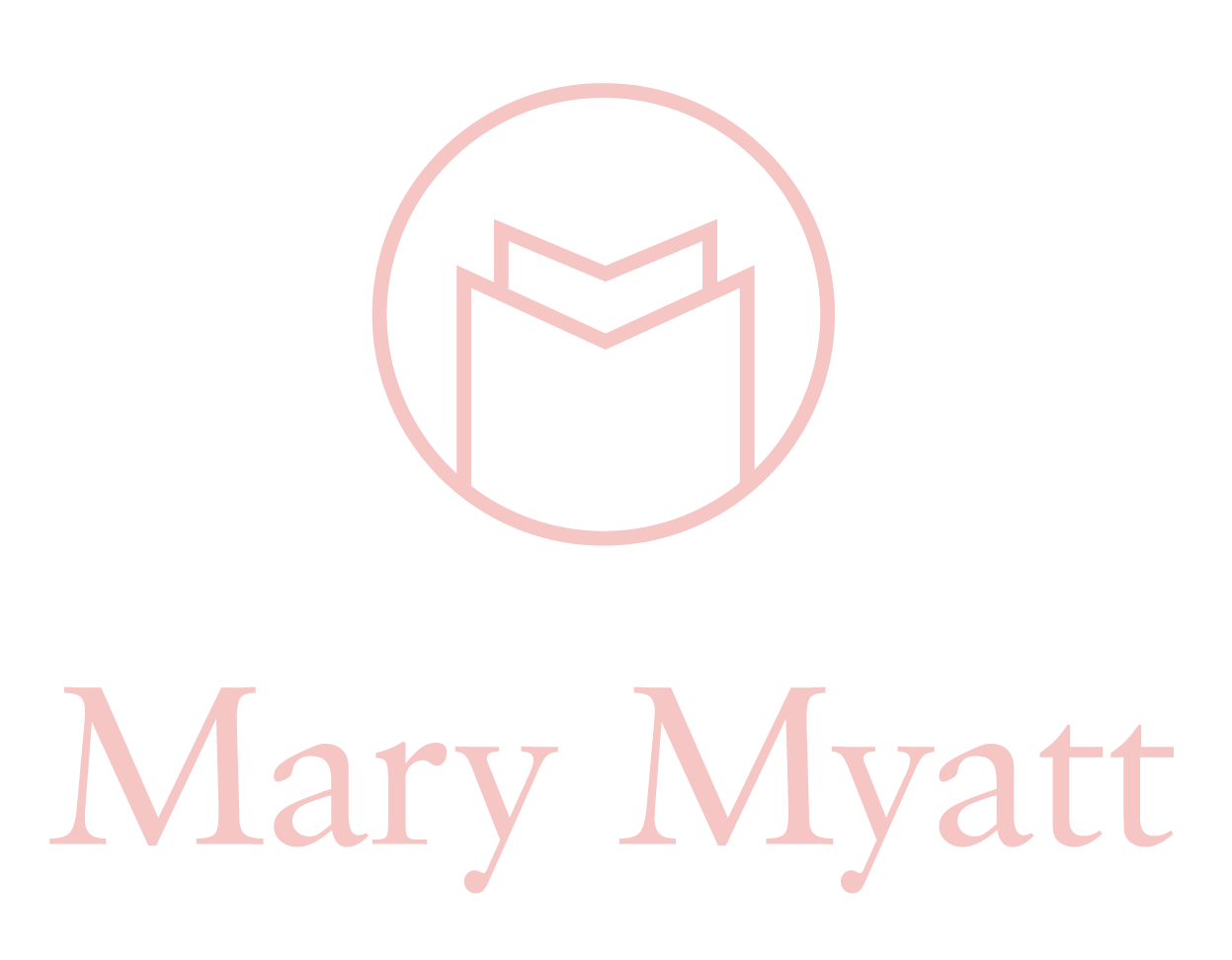How concepts help pupils to learn the curriculum
Helping pupils to learn well is obviously important, otherwise we are likely to be wasting our time.
There are some ways that are more effective than others. It turns out that if we identify the concepts aka big ideas and teach children these, then they are likely to know more, remember more and be able to do more, over time.
It also says in the quality of education judgement in the school inspection handbook that pupils are learning well when ‘teachers consider the most important knowledge or concepts and focus on these’
It’s helpful to know that there is research from several quarters that supports the idea that learning is likely to be deeper if we spend time identifying and teaching our pupils concepts. (As with any research, these are insights that might be helpful, as opposed to something we are compelled to use). Daniel Willingham discusses the importance of concepts for learning in ‘Why Don’t Students Like School?’
And this is echoed by Stephen Pinker ‘Cognitive psychology has shown that the mind best understands facts when they are woven into a conceptual fabric, such as a narrative, mental map, or intuitive theory. Disconnected facts in the mind are like unlinked pages on the web: They might as well not exist.’ Pretty strong stuff!
The good news is that there are plenty of concepts, but there aren’t too many. Where is the best place to look for them? Well, there are two main sources: the starting point is national curriculum documents for each subject. In the purpose statements at the start of the programmes of study the big ideas and concepts are set out for each subject.
And the second place to find them is in high quality texts. When we work in this way, we are increasing the odds of our pupils knowing more, remembering more and being able to do more.
For a short recording and additional resources, here is a short film - ‘Helping pupils learn the curriculum through concepts’ - suitable for staff meetings on Myatt & Co.

